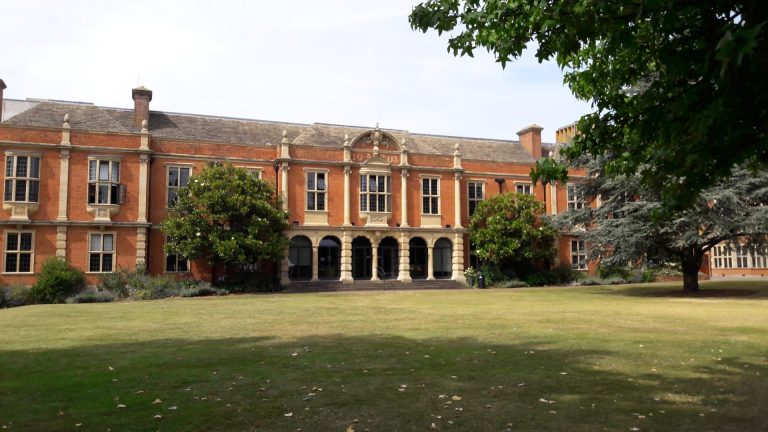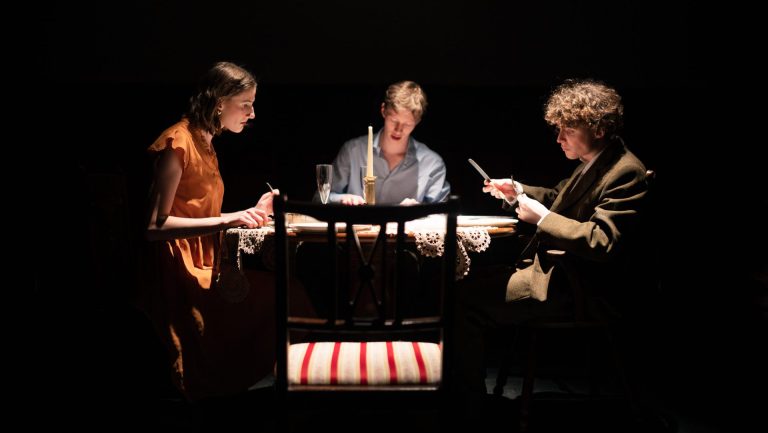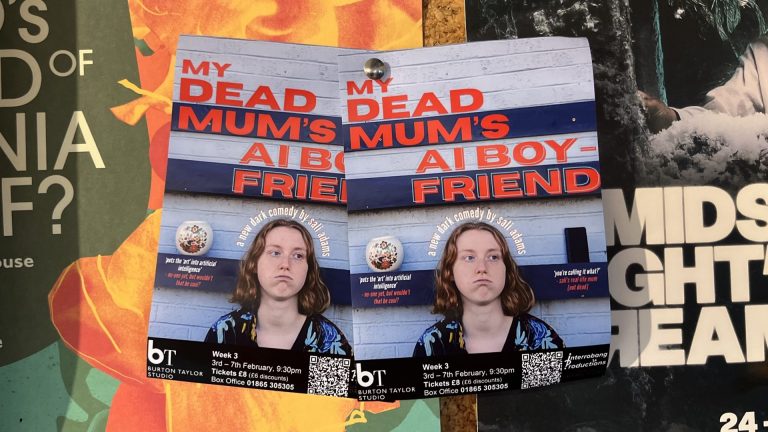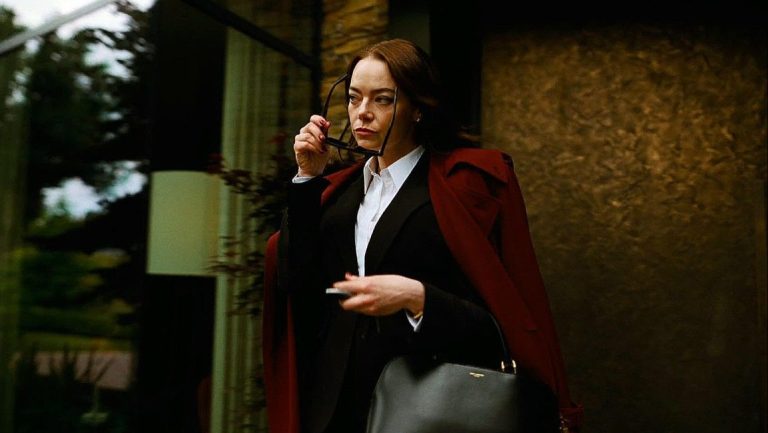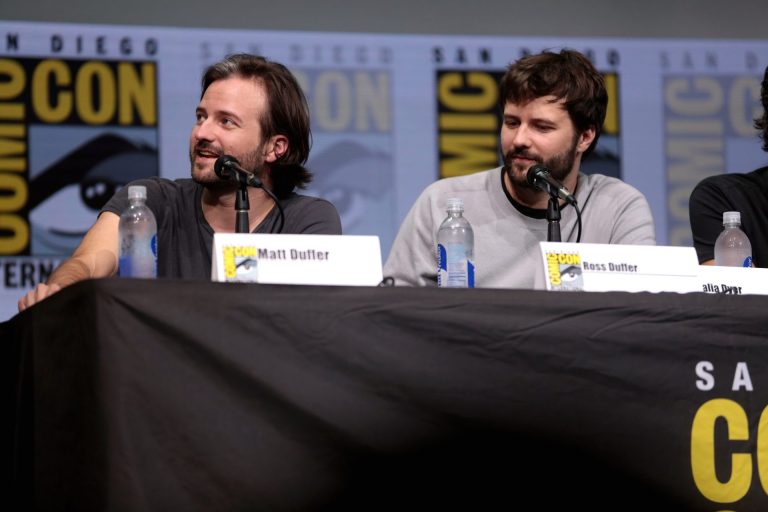Jharkhand’s Chief Minister Hemant Soren visited Oxford University near the end of January as part of his official international and academic engagements in the United Kingdom following the World Economic Forum (WEF) Annual Meeting in Davos, Switzerland.
Soren is the longest-serving Chief Minister of Jharkhand, one of India’s most mineral-rich and industrially strategic states, located in the northeast of the country.
The Chief Minister was formally received at a reception at Somerville College hosted by principal Catherine Royle. Somerville has long-standing links with India, having educated Indira Gandhi, former Prime Minister of India and recipient of an honorary degree, as well as Cornelia Sorabji, the first Indian woman to study law abroad.
The reception recognised Mr Soren’s work in indigenous welfare, climate action, sustainability, just transition frameworks, and expanding equitable access to higher education. The event was supported by the Oxford India Centre for Sustainable Development (OICSD), established in 2013 with backing from the government of India. The Centre adopts an interdisciplinary approach, combining humanities, science and technology, and the physical, medical, and social sciences to address sustainability challenges. More than 40 Indian scholars are currently affiliated with OICSD and based at Somerville.
Attendees included students, academics, Indian scholars, civil servants, and researchers from across the University. Among them was Shri Ravi Shankar Shukla, IAS, an officer of the Government of Jharkhand, currently pursuing the MSc in Water Science, Policy and Management as an Elizabeth Moir Scholar. The Chief Minister was also welcomed by Dr Radhika Khosla, Associate Professor at the Smith School of Enterprise and the Environment, Research Director of OICSD, and Programme Leader for Zero Carbon Energy Use at Oxford’s ZERO Institute.
The reception aimed to strengthen links between academic research and policymaking, with a focus on aligning OICSD’s work with Jharkhand’s development, environmental, and governance priorities.
The visit also included informal discussions with students and scholars, who expressed interest in convening a dedicated workshop with the Chief Minister to examine Jharkhand’s government programmes, public policy initiatives and sustainable development.
Soren also visited the archives of St John’s College to see rare photographs and preserved records of his ancestor Marang Gomke Jaipal Singh Munda on 23rd January. Jaipal Singh Munda attended St John’s, and was an Olympian, tribal leader, and member of India’s Constituent Assembly in the period immediately preceding the country’s independence. The materials on display included photographs of his Oxford hockey team, records from the Debating Society, and his personal letters and notebooks.
Soren commended St John’s for preserving the materials. He expressed interest in collaboration between the Government of Jharkhand and St John’s College, including proposals to preserve Jharkhand’s historical and intellectual heritage for future generations through archival exchange, digitisation, and joint conservation initiatives. The discussions included the possibility of establishing a dedicated St John’s–Jharkhand PhD or doctoral scholarship in memory of Jaipal Singh Munda and Dishom Guru Shibu Soren, Soren’s father and former Chief Minister of Jharkhand.


